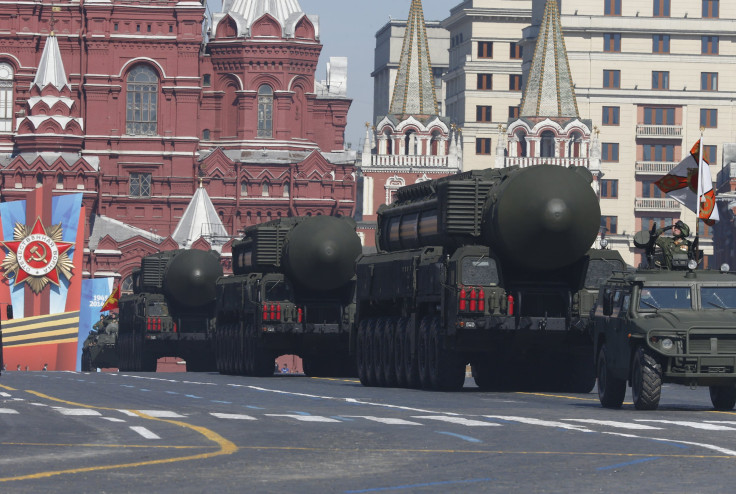Russia Testing New Weapons, Foreign Minister Says Country Respecting All International Obligations

Russian tests of new military technology, being conducted as the country upgrades its military arsenal, are not violating any international obligations, according to Russian Deputy Foreign Minister Sergei Ryabkov.
Ryabkov did not specify exactly what kind of weapons the country was testing, but added that his country had not thrown itself into an arms race with the new round of military testing.
“What is being done within the framework of the program of testing new types of weapons is in accordance with our obligations. If some sort of events or occurrences are noticed by other countries, then these events are not included in any obligations and we’re not obliged to announce them,” Sputnik quoted Ryabkov as saying.
The foreign minister also stated that the testsis a planned program to update the country’s arsenal of all the three armed forces of the Russian Federation.
Last week, the head of the Russian Troops of Radiological, Chemical and Biological Defense (RChBD) said that the Russian army will modernize 70 percent of its weaponry and equipment 2020.
“Shortly, infantry flame units will receive new weaponry with higher fire precision and the penetration before exploding effect, ability to destroy fortified emplacements, armored equipment, and personnel in trenches,” Maj. Gen. Eduard Cherkasov, the head of RChBD troops, reportedly said.
Recent reports also said that Russia is expected to build the first air-launched hypersonic missiles by 2020.
Earlier this month, Russia successfully test-fired an intercontinental missile from a submerged Northern Fleet nuclear submarine from the Barents Sea to the Kura Range on the Kamchatka Peninsula in the country's far east, which is across the Bering Sea from the U.S. state of Alaska.
© Copyright IBTimes 2025. All rights reserved.





















